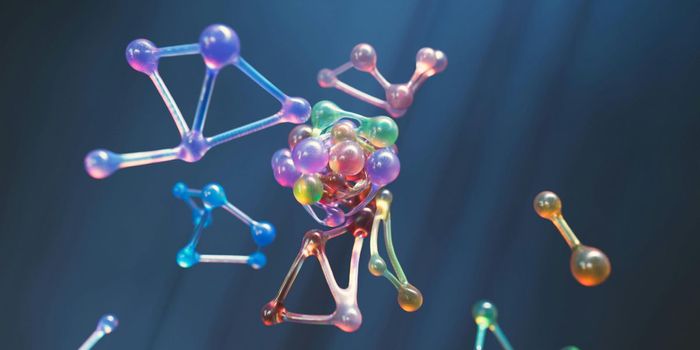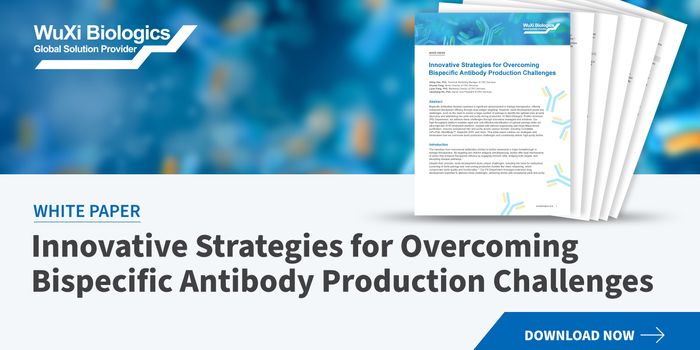A microbiome-based therapy for cancer patients is a step closer to approval
The French pharmaceutical company, MaaT Pharma, has announced positive data showing the effectiveness of their microbiome therapy for cancer patients.
The past decade has seen a dramatic growth of research into microbiota and their impact on human health and physiology. For example, the gut microbiome – the diverse community of bacteria, archaea, fungi, protozoa, and viruses that reside in the gastrointestinal tract - has an impact on mental health. When the diversity of the microbiota in the gut is reduced, dysbiosis occurs, which can lead to mental health issues, such as depression and anxiety, and a wide array of other health problems.
There is now evidence that suggests a link between the gut microbiome and various types of cancer. As an example, studies show that gut microbiome dysbiosis is a significant modulator of cancer development in colorectal cancer. Interestingly, the gut microbiome also effects an individuals’ response to cancer treatment, and conversely, cancer treatment, such as chemotherapy, significantly impacts the gut microbiome.
This is the problem that MaaT Pharma is hoping to overcome with their experimental microbiome therapy. MaaT Pharma’s main goal is to restore and modulate patient-microbiome symbiosis to improve survival in cancer. As such, they designed a therapy called MaaT033, which is a high-richness, high-diversity, Microbiome Ecosystem Therapy that can be administered orally. The therapy contains a wide array of beneficial microbial species and is designed to help restore microbiome diversity in cancer patients.
In their Phase 1 clinical trial, MaaT tested their therapy on a cohort of patients who received a cancer treatment. In their study, the found that patients showed satisfactory safety and good microbiome engraftment as a result of their therapy. These positive results led the company to close the Phase 1 trial earlier than expected in order to advance to Phase 2/3 trials.
Dr. John Weinberg, Chief Medical Officer at MaaT Pharma, said, “with a very satisfactory safety profile and very promising engraftment data in the first four cohorts of this trial, we believe we have the appropriate amount of data in hand to confidently move forward with MaaT033’s clinical development.” MaaT joins a growing list of pharmaceutical and biotech companies who hope to unlock the power of microbiome to cure diseases. And while the list of current FDA-approved microbiome therapies is small, it is expected to grow significantly in the coming years. MaaT’s therapy and others like it are an important step forward for cancer patients, as these microbiome-based therapeutics show significant promise for treating cancer and improving survival rates.
Sources: MaaT Pharma; Businesswire; Clinics and Practice; Cancer Cell; nature medicine; nature reviews Drug Discovery








